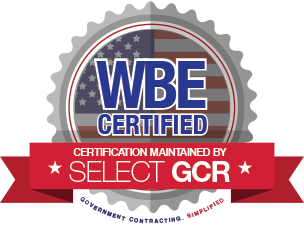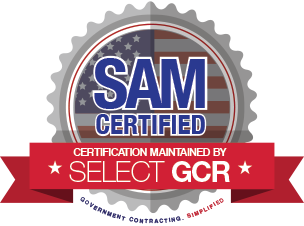Job Transition: Why the First Few Months Are Critical

Job Transition: Why the First Few Months Are Critical
Congratulations! After great effort and focused energy, you’ve finally landed a fabulous new position—one that is sure to advance your career and meet your work and personal goals in a way your old position never could.
But don’t stop there. Getting hired is just the first step.
You’ll need to spend as much effort and energy—and maybe more—preparing for and making the transition. And this is where it really counts, for the first three to six months in any new position is a period of extreme vulnerability.
“It’s the highest-risk period, and the higher up you are, the riskier it is,” says Jeff Gundersen, CEO of Executive Connections, an executive search, coach consultant and placement firm.
During this transitional period, everyone in your new company—boss, direct-reports, other employees—and even suppliers and customers are all forming initial impressions that will shape their expectations and actions. This dynamic is exacerbated when people in your new company expect you to bring about change within the organization.
This transitional period might even be riskier today than in years past. Shrunken budgets have meant less training, reduced staff support, increased workloads and, perhaps most of all, increased expectations for newly hired managers and executives. Should you end up leaving after a short stint, doing so can leave a black mark on your resume, raising questions for future employers about your judgment and ability to assess opportunities before making a career commitment.
“Leaders, regardless of their level, are most vulnerable in their first few months in a new position because they lack detailed knowledge of the challenges they will face and what it will take to succeed in meeting them,” writes Michael Watkins, author of The First 90 Days: Critical Success Strategies for New Leaders at All Levels.
So what can you do to assure that your transition is smooth and productive? Here are a few suggestions:
- Use the period before you actually start at your new position to learn as much as you can about the company, its vision, its strategies and the industry.
- Examine the challenges and opportunities of the company, and identify the barriers to success.
- Talk to people at the new company. What is the culture, and what are the processes? What kind of a team will you have to work with, and on whom will you be able to depend?
- Assess your own strengths and weaknesses, and identify personal vulnerabilities that could come into play in your new position.
“Failure to create momentum during the first few months virtually guarantees an uphill battle for the rest of your tenure in the job,” Watkins writes. “Building credibility and securing some early wins lay a firm foundation for longer-term success.”
Author’s content used with permission, © Claire Communications



